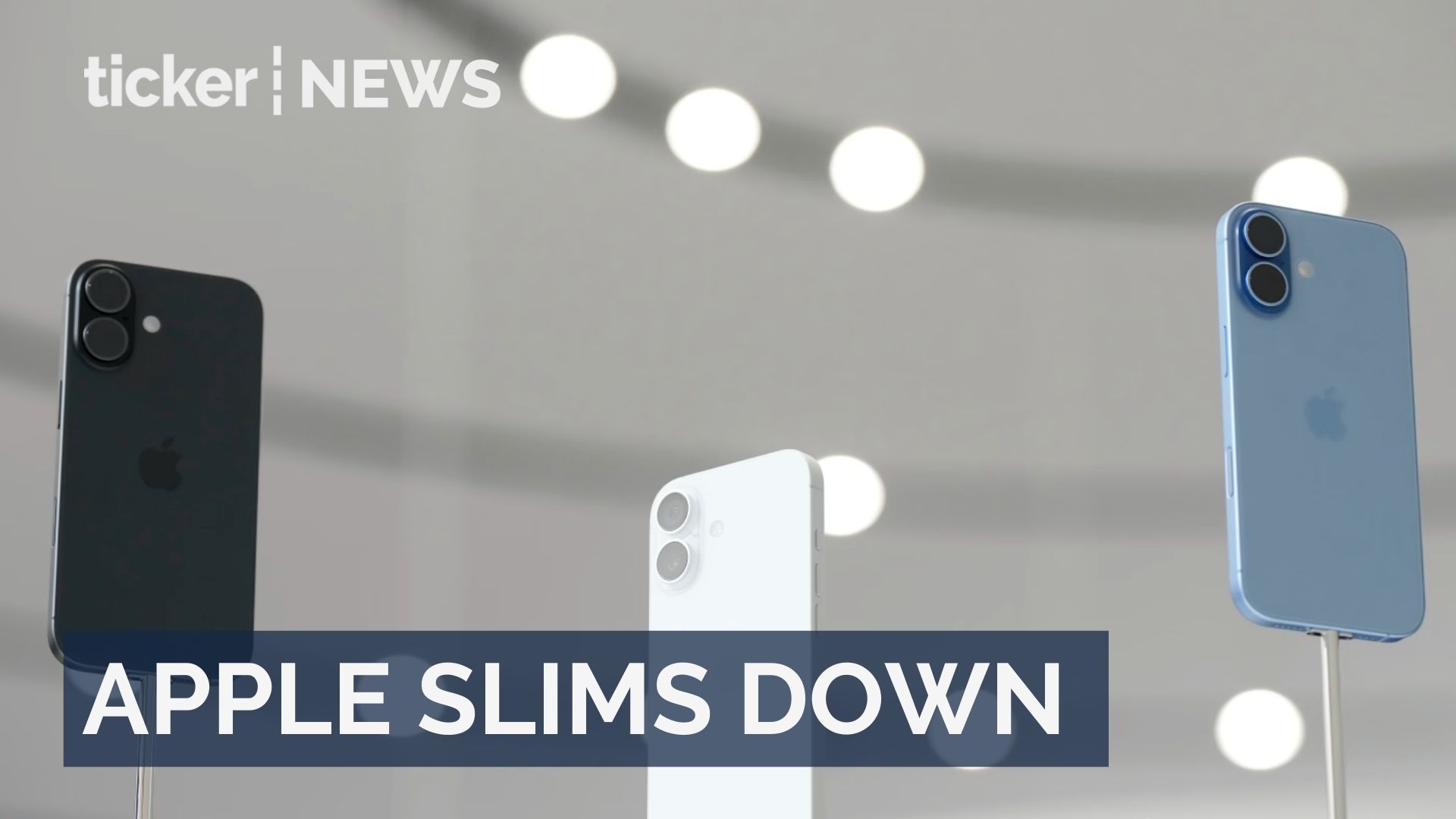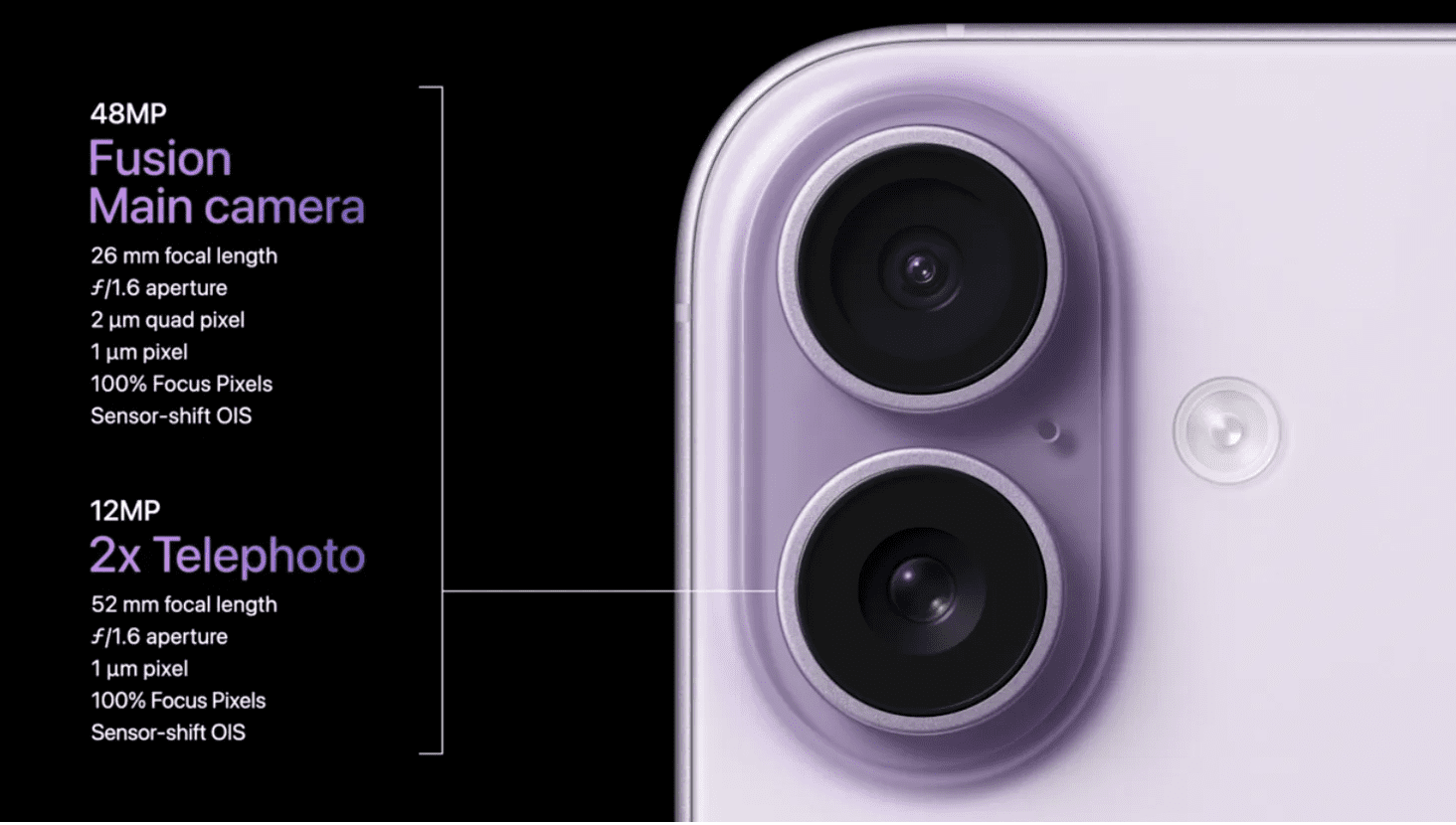Tech
Apple unveils thinner iPhone Air to excite upgrades
Apple launches thinner ‘iPhone Air’ amid price hikes, aiming for customer upgrades despite challenges in AI features and tariffs


News
Big Tech earnings spark investor unease over AI spending
Investors monitor Big Tech’s AI investments, with Meta thriving while Microsoft and Tesla face uncertainty over growth and returns.
Tech
Memory shortages and rising prices could persist through 2027
Memory chip supply tight, prices high; Lenovo warns rising costs impact budget devices amid strong PC demand from Windows 11.
Tech
Xiaomi reveals fully automated smartphone factory in China
Xiaomi’s factory operates 24/7, producing one phone per second without any human workers.
-



 Tech4 days ago
Tech4 days agoXiaomi reveals fully automated smartphone factory in China
-



 News3 days ago
News3 days agoABC News Facebook hacked, porn star images posted
-



 News3 days ago
News3 days agoU.S. Naval Strike Group moves into Middle East as Iran protests escalate
-



 Crypto4 days ago
Crypto4 days agoBitcoin and Ethereum lead $1.7 billion Crypto market outflow
-



 News4 days ago
News4 days agoMark Rutte rejects calls for a separate European army
-



 News4 days ago
News4 days agoArrest made following heated speech at Sydney rally
-



 News4 days ago
News4 days agoWhite House responds after second fatal shooting in Minneapolis
-



 Money3 days ago
Money3 days agoTesla brand value plummets amid Elon Musk’s political focus











